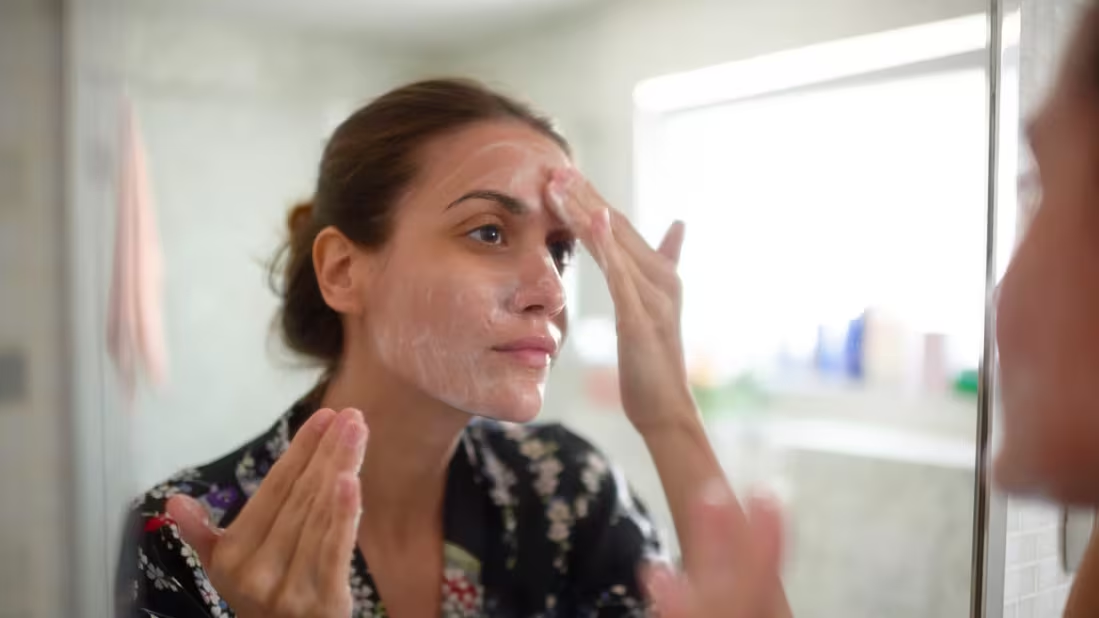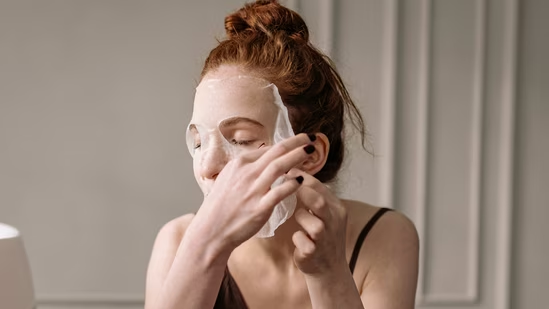When it comes to skincare, misinformation spreads faster than ever. From viral TikTok hacks to old wives’ tales passed down for generations, it’s easy to get lost in a sea of bad advice. But not all skincare tips are created equal—and some can even do more harm than good. In this post, we’ll uncover the truth behind common skincare myths, separating fact from fiction so you can make better choices for healthier, glowing skin.

Myth #1: Natural Products Are Always Better for Your Skin
Many people believe that “natural” automatically means “safer” or “better” when it comes to skincare, but that’s not always true. While plant-based or naturally derived ingredients can give you incredible benefits, like soothing irritation or delivering antioxidants, but natural doesn’t always equal gentle or effective. In fact, some natural ingredients, such as essential oils or citrus extracts, can trigger allergies, cause photosensitivity, or worsen skin conditions. On the other hand, lab-formulated products are often designed to be stable, targeted, and less irritating, thanks to rigorous testing and controlled concentrations. The key is not whether an ingredient is natural or synthetic but whether it’s backed by research, proven to work for your specific skin type, and formulated safely. By focusing on evidence-based products rather than marketing buzzwords, you’ll make better choices for your skin’s long-term health.
Myth #2: Drinking More Water Alone Clears Your Skin
It’s a common belief that simply drinking more water will give you clear, glowing skin, but hydration alone isn’t a magic solution for breakouts or blemishes. While staying hydrated is essential for overall health, as it helps maintain skin elasticity, supports cell function, and can reduce dryness, water can’t address deeper skin issues like acne, hyperpigmentation, or clogged pores on its own. Factors like hormones, diet, stress, and your skincare routine play a much bigger role in determining skin clarity. Drinking adequate water is an important piece of the puzzle, but it should be combined with a balanced diet, proper cleansing, and products tailored to your skin’s needs. Think of hydration as a supportive habit rather than a cure-all, it’s great for your skin’s foundation, but not a definitive fix for every concern.
Myth #3: Dark Circles Can Be Completely Erased With Creams
Dark circles are one of the most common skin concerns, and countless creams promise to erase them completely. However, the truth is that no topical product can entirely eliminate dark circles, especially if they’re caused by genetics, bone structure, or thin skin. Eye creams with ingredients like vitamin C, retinol, or caffeine can help brighten the area, reduce puffiness, and improve circulation, making dark circles appear less noticeable. Hydration and consistent sun protection can also prevent them from worsening. Still, for stubborn or hereditary dark circles, more advanced treatments, such as chemical peels, laser therapy, or fillers, may be necessary for significant improvement. Instead of expecting a miracle cure from creams, focus on products that support your skin’s health and complement healthy habits like adequate sleep and a balanced diet. Realistic expectations and a holistic approach are key to managing dark circles effectively.
Conclusion
Skincare myths can be misleading and even harmful if followed blindly. By separating fact from fiction and focusing on evidence-based practices, you’ll make smarter choices for your skin. Remember, healthy skin isn’t about trends or quick fixes, it’s about consistency, balance, and understanding what truly works for you.




